Nigeria’s economic performance has sunk to its lowest point in over six decades, according to African Development Bank President, Dr Akinwumi Adesina. Speaking at an anniversary dinner hosted by Chapel Hill Denham in Lagos, Adesina revealed that the nation’s GDP per capita now stands at just $824—significantly lower than the $1,847 recorded in 1960.
Nigerians are worse off today than they were at independence 64 years ago, he stated, urging urgent action to reverse the troubling trend. Despite being Africa’s largest economy by GDP, Adesina stressed that Nigeria’s economic structure is unsustainable, weakened by overdependence on oil, policy missteps, and chronic underinvestment in critical sectors.
Drawing comparisons with South Korea—a country that had a lower GDP per capita than Nigeria in 1960—Adesina noted the stark divergence in progress. South Korea has transformed into a global industrial leader with a per capita income of over $36,000. Nigeria’s continued underperformance isn’t from lack of potential, but failure to harness it, he said.
The AfDB boss stressed that Nigeria must overhaul its economic thinking. We need to shift our mindset and drive rapid economic growth. Underdevelopment should not be accepted as our destiny, he urged. He also outlined five urgent priorities to reset the country’s economic trajectory: expanding electricity access, building modern infrastructure, accelerating industrialisation, embracing innovation, and enhancing agricultural competitiveness.
Reforms must be Bold—not Cosmetic
Adesina emphasised that only deep, structural reforms can move Nigeria forward. Cosmetic policies, he warned, will not be enough to tackle the scale of the crisis. Nigeria must invest in technology, infrastructure, and innovation. We must become Africa’s industrial powerhouse, he declared.
He praised projects like the Dangote Refinery as examples of the kind of large-scale, private-led initiatives Nigeria needs. The country, he added, should tap into its pension funds, diaspora networks, and capital markets to support such developments.
But beyond funding, Adesina stressed the importance of strong institutions, policy stability, and credible leadership. Without a clear reform agenda backed by good governance, Nigeria will continue to fall behind and disappoint its people, he warned.
Looking ahead, he challenged the nation to reshape itself deliberately and with urgency. The Nigeria of 2050 must be developed, corruption-free, and lead the rest of Africa, he concluded.
- Paystack Steps Into a New Money Game, Acquires Nigerian Microfinance Bank
- 19 Banks Meet CBN Capital Rules Ahead of March Deadline
- How To Generate TIN Online In Nigeria
- NIN to Double as Tax ID Under New FIRS Plan
- Fidelity Bank Issues Notice on Account Restrictions for Customers Without Tax ID
- CBN Gives Operators One Month to Implement Dual PoS Connectivity



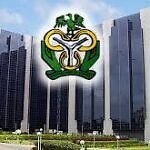


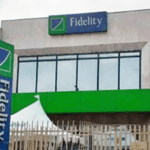
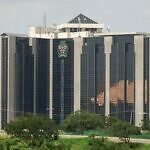


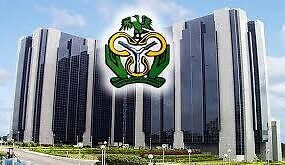
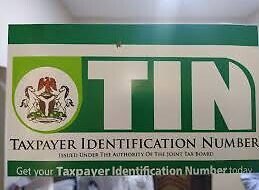
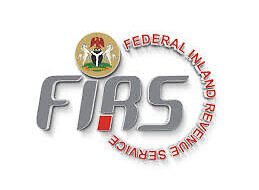
2 replies on “Nigeria’s Economy Shrinks Below 1960 Levels, Says AfDB Chief”
[…] a sobering address, AfDB President Dr Akinwumi Adesina said Nigeria’s GDP per capita has fallen to just $824—worse than the $1,847 recorded in 1960. He made the comment […]
[…] The partnership between Cavista Holdings and the Federal Ministry of Arts, Culture, Tourism, and Creative Economy (FMACTCE) will help gather and organize useful data that can guide decisions, attract investments, and grow Nigeria’s economy. […]